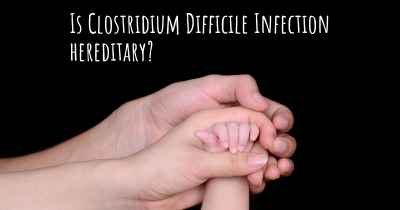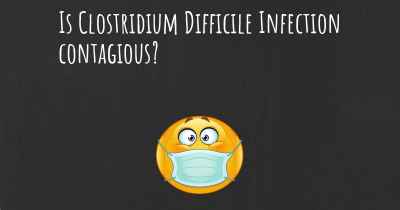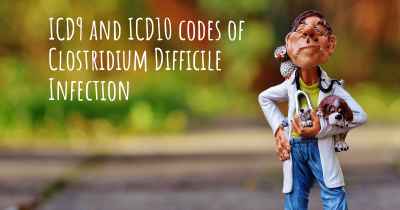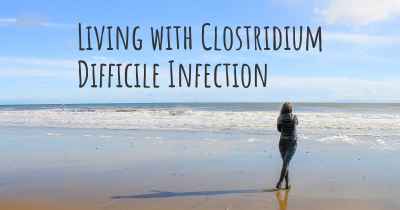What is the life expectancy of someone with Clostridium Difficile Infection?
Life expectancy of people with Clostridium Difficile Infection and recent progresses and researches in Clostridium Difficile Infection

The life expectancy of someone with Clostridium Difficile Infection (CDI) can vary depending on various factors. CDI is a bacterial infection that primarily affects the colon and causes severe diarrhea. In most cases, CDI can be treated successfully with appropriate antibiotics and supportive care.
However, in severe cases or in individuals with weakened immune systems, CDI can lead to complications and increase the risk of mortality. These complications may include severe dehydration, organ failure, or the spread of infection to other parts of the body.
Early diagnosis and prompt treatment are crucial in improving the prognosis for individuals with CDI. It is important to seek medical attention if symptoms such as persistent diarrhea, abdominal pain, or fever occur, especially after recent antibiotic use.
With appropriate medical intervention, the majority of individuals with CDI can recover and have a normal life expectancy. However, the outcome can be influenced by individual health conditions, age, and the presence of other underlying medical issues.
Clostridium difficile infection (CDI) is a bacterial infection that primarily affects the colon and causes severe diarrhea. It is commonly acquired in healthcare settings, especially among individuals who have been on prolonged antibiotic therapy. While CDI can be a serious condition, it is important to note that the life expectancy of someone with this infection can vary widely depending on several factors.
Severity of Infection
The severity of CDI can range from mild to life-threatening. Mild cases may resolve on their own or with appropriate treatment, while severe cases can lead to complications such as dehydration, kidney failure, and even death. Therefore, it is crucial to promptly diagnose and manage CDI to minimize the risk of complications.
Timely Diagnosis and Treatment
Early diagnosis and treatment play a significant role in improving outcomes for individuals with CDI. The sooner the infection is identified, the sooner appropriate treatment can be initiated. Diagnostic tests, such as stool samples or molecular assays, can confirm the presence of the bacteria and guide treatment decisions.
Treatment Options
CDI is typically treated with antibiotics, such as metronidazole, vancomycin, or fidaxomicin. The choice of antibiotic depends on the severity of the infection and other individual factors. In some cases, additional measures like probiotics or fecal microbiota transplantation (FMT) may be considered.
Recurrent Infections
One challenge with CDI is the potential for recurrent infections. Even after successful treatment, some individuals may experience a relapse of symptoms. Recurrence rates vary, but they are estimated to be around 20-30%. Recurrent CDI can be more difficult to treat and may require prolonged or alternative treatment strategies.
Underlying Health Conditions
The presence of underlying health conditions can significantly impact the prognosis of CDI. Individuals with weakened immune systems, such as those with cancer, HIV/AIDS, or organ transplants, may be more susceptible to severe infections and have a higher risk of complications. Additionally, older adults and individuals with multiple comorbidities may face greater challenges in recovering from CDI.
Preventive Measures
Preventing CDI is crucial in improving outcomes and reducing the risk of complications. Healthcare facilities employ various strategies to prevent the spread of the bacteria, including strict hand hygiene, appropriate use of antibiotics, and isolation precautions for infected individuals. It is also important for individuals to follow proper hygiene practices, especially when in healthcare settings.
Conclusion
The life expectancy of someone with Clostridium difficile infection is highly variable and depends on factors such as the severity of the infection, timely diagnosis and treatment, presence of underlying health conditions, and the occurrence of recurrent infections. Early diagnosis, appropriate treatment, and preventive measures are essential in improving outcomes and reducing the risk of complications associated with CDI.








